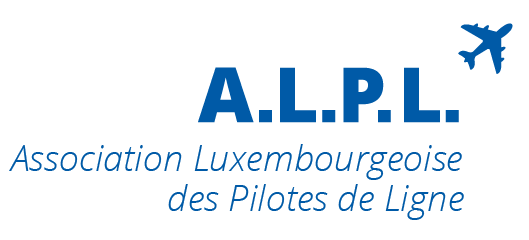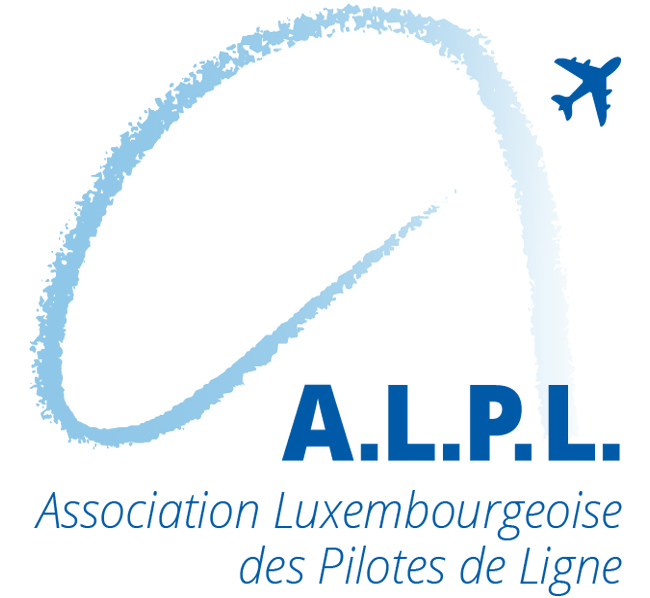Modern management keeps instructing employees that efficiency and productivity are the most important factors of successful companies today. The number of employees needs to fit exactly the amount of work that must be covered. And these employees need to be always aware of a responsible and efficient use of resources. We as pilots know this – for instance from the decision on the amount of fuel that we take for a flight. And almost all big airlines have, by now, set up fuel efficiency programs to cope with the expensive fuel prices.
While this seems to be a very valid point for fuel and other resources, airline bosses seem not to be too ambitious when it comes to trust: they spare no resources for creating complex business structures and set-ups that would sow division and misinformation among the workforce. The usual setup of these transnational business models, be it one airline or airline groups, is primarily characterised by complexity, hard to oversee and split into many different production platforms.
These many different platforms give countless opportunities for crews to be played off against each other. The same aircraft, flown by different groups of pilots employed on different terms & conditions, results in a complex, but – from managements’ point of view – efficient structure.




